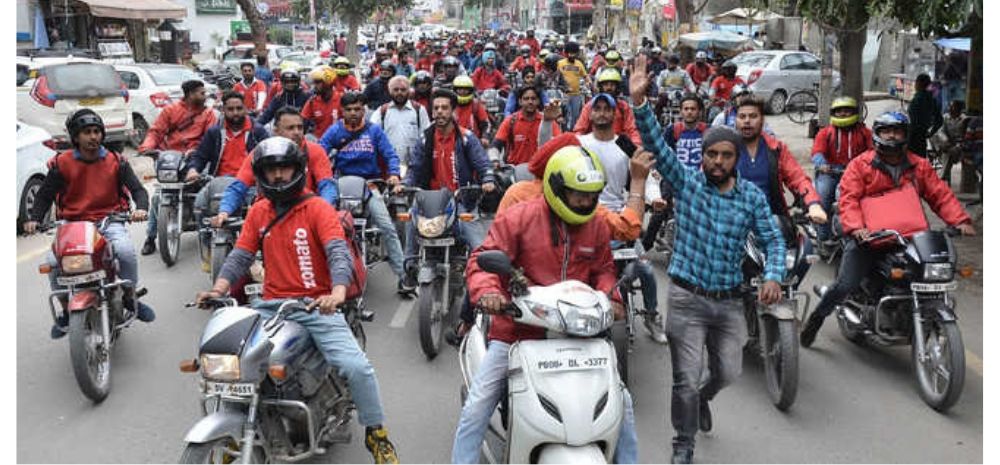A recent report reveals that the income tax (I-T) department is closely scrutinizing the income tax returns (ITRs) of numerous salaried taxpayers. Certain individuals are resorting to deceitful tactics to evade taxes, including submitting ITRs with fake rent receipts from close relatives, making additional claims for home loans, fraudulent donations, and other unethical methods to lower their tax liability and increase their refunds.

Advanced Software and Extended Reassessment Periods Uncover Taxpayer Discrepancies
To strengthen tax enforcement, the revenue department has implemented advanced software that red-flags suspicious returns, making it harder for taxpayers to go undetected. As a result, many individuals are now facing scrutiny from the tax authorities. In response, these taxpayers are receiving notices, requesting them to provide supporting documentation for their tax exemption claims, particularly concerning house rent allowance, hiring helpers for official duties, and deductions for interest on home loans.
The reassessment period has also been extended, allowing the tax authorities to conduct reassessment for up to a decade for those earning over Rs 50 lakh, and up to eight years for those earning below this threshold.
To facilitate their efforts in combating tax evasion, the I-T department is employing computerized record-keeping to cross-reference information from political parties or charitable trusts in tax returns with donation details provided by individuals.
Combatting Tax Evasion
Rahul Garg, a managing partner at a tax and regulatory consultancy firm, emphasized that tax authorities are now employing comprehensive profiling techniques by combining ITR data with external information to verify the authenticity of claims.
As part of their enhanced measures, the I-T department is now requesting taxpayers to disclose the names, addresses, and contact details of the chartered accountants, advocates, or tax professionals responsible for preparing and filing their ITRs.
Overall, this increased use of technology is aimed at more effectively tracing tax evasion, especially as some individuals in lower tax brackets may attempt to claim deductions without having actually made the corresponding payments.











